Every year, billions of cups of tea are consumed worldwide. But beyond the classic black and green teas, herbal teas are rising in popularity for their soothing flavors and wellness appeal. Among them, lemongrass tea has become a favorite for many households, offering not just a refreshing citrusy aroma but also a host of potential health benefits.
Imagine sipping a steaming cup of golden-yellow tea that instantly calms your senses with its lemony fragrance. In traditional medicine systems from India to Southeast Asia, lemongrass has been prized for centuries as a natural remedy for digestion, stress relief, and overall vitality. Today, modern research is beginning to explore the bioactive compounds that may explain why this humble grass has stood the test of time.
In this article, you’ll discover what makes lemongrass so special, its possible health benefits, simple ways to prepare it, and important precautions to consider. By the end, you may find yourself reaching for lemongrass as your new favorite tea.
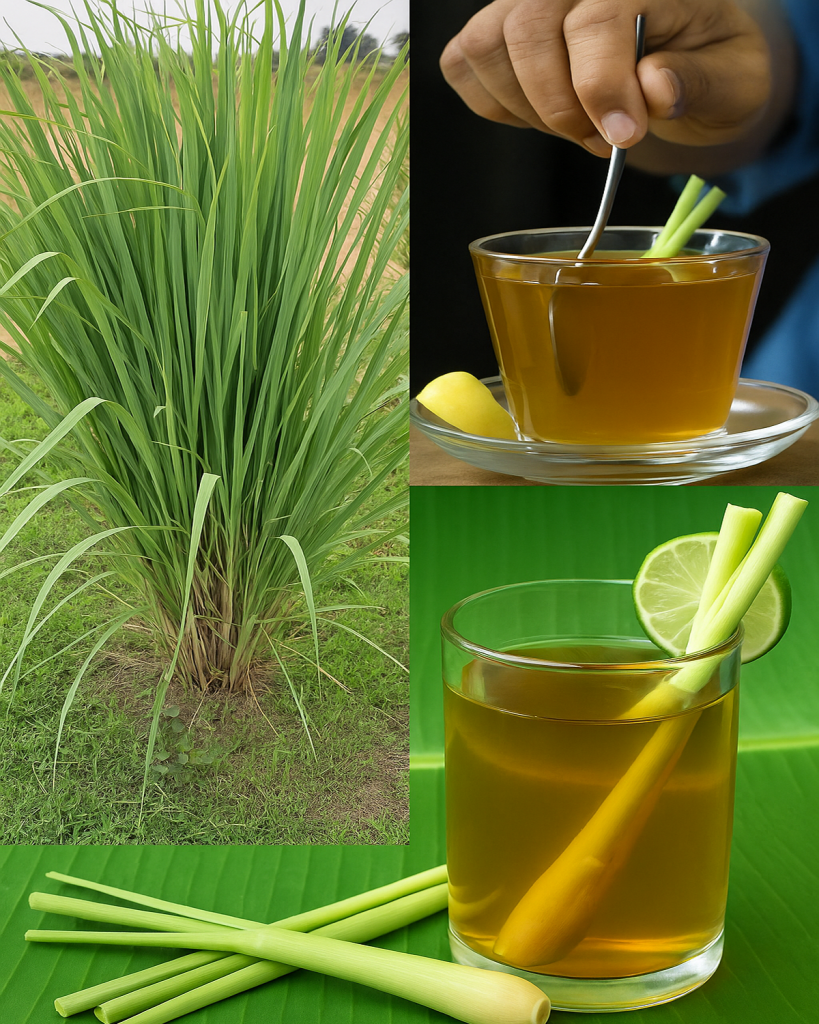
What Is Lemongrass?
Lemongrass (Cymbopogon citratus) is a tall, perennial grass native to tropical Asia but now grown in many parts of the world. Known for its citrus scent, it has long been used in cooking, aromatherapy, and traditional medicine.
The plant contains essential oils such as citral, which give it its lemon-like aroma and flavor. These oils, along with flavonoids and antioxidants, are thought to contribute to its wellness-supporting properties. Lemongrass can be consumed fresh, dried, or as an essential oil extract.
Potential Health Benefits of Lemongrass Tea
Digestive Support
One of the most common uses of lemongrass tea is to ease digestion. Traditional practices suggest that drinking a cup after meals may help reduce bloating, cramping, and indigestion. Its mild diuretic properties may also support a healthy balance of fluids in the body.
Antioxidant Properties
Lemongrass contains compounds such as chlorogenic acid, isoorientin, and swertiajaponin, which act as antioxidants. These help protect cells from damage caused by free radicals, supporting overall health.
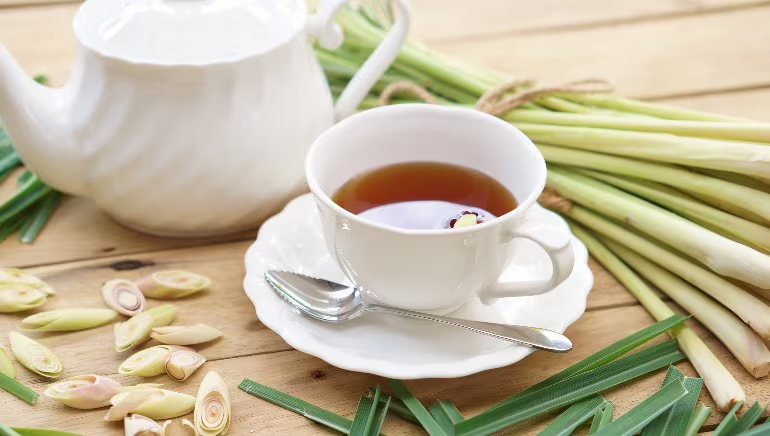
Stress and Anxiety Relief
The soothing aroma of lemongrass tea has been linked to relaxation. Many people enjoy it in the evening as a calming ritual. Some studies suggest that lemongrass may influence serotonin pathways, potentially helping with mood regulation.
Immune System Support
With its vitamin C content and antimicrobial properties, lemongrass has traditionally been used to support immune health. Drinking it regularly may offer gentle support during seasonal changes.
Heart Health Potential
Early studies suggest that lemongrass may help promote healthy cholesterol levels and support circulation. While more research is needed, these findings highlight another reason to enjoy this tea as part of a balanced lifestyle.
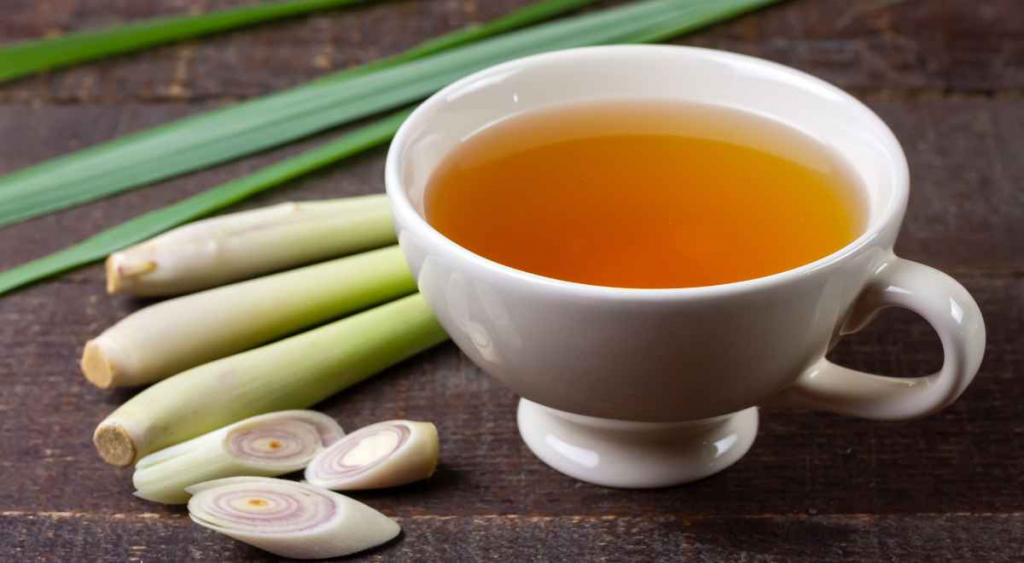
Quick Reference Table
| Benefit | Traditional Use | Modern Insight |
|---|---|---|
| Digestive support | Ease bloating, cramps | Mild diuretic, carminative |
| Antioxidant | Vitality and balance | Contains powerful plant compounds |
| Stress relief | Calming tea before sleep | Potential effect on serotonin pathways |
| Immune support | Seasonal wellness | Antimicrobial, vitamin C |
| Heart health | Vitality tonic | Preliminary cholesterol studies |
How to Prepare Lemongrass Tea
Using Fresh Lemongrass
- Rinse 2–3 stalks of fresh lemongrass.
- Trim off the root and tough outer leaves.
- Bruise the stalks slightly with a knife to release the oils.
- Chop into pieces and add to 2–3 cups of water.
- Boil for 10 minutes, then simmer for another 5 minutes.
- Strain, pour into a cup, and enjoy.
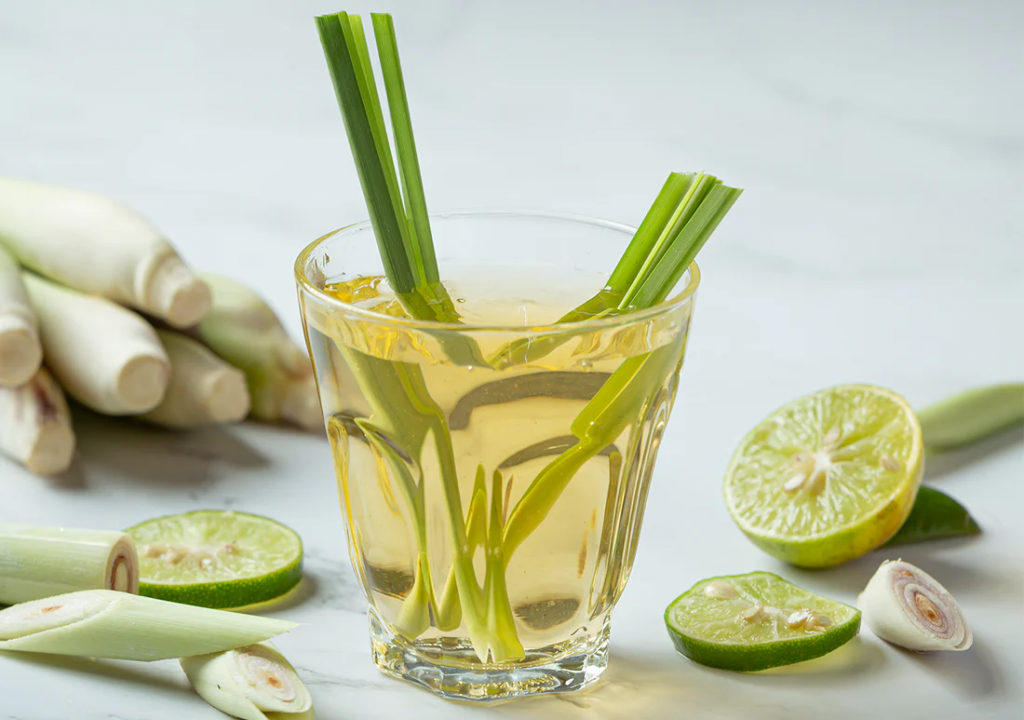
Using Dried Lemongrass
Dried lemongrass is convenient and retains much of the flavor. Simply steep 1–2 teaspoons in hot water for 5–7 minutes.
Flavor Enhancements
- Add ginger slices for extra warmth.
- Squeeze in fresh lemon juice for brightness.
- Sweeten lightly with honey if desired.
Everyday Tips for Enjoying Lemongrass Tea
- Drink it after meals to support digestion.
- Sip in the evening as a caffeine-free way to unwind.
- Store dried lemongrass in an airtight jar to preserve freshness.
- Grow your own plant in a pot for a steady supply of fresh stalks.
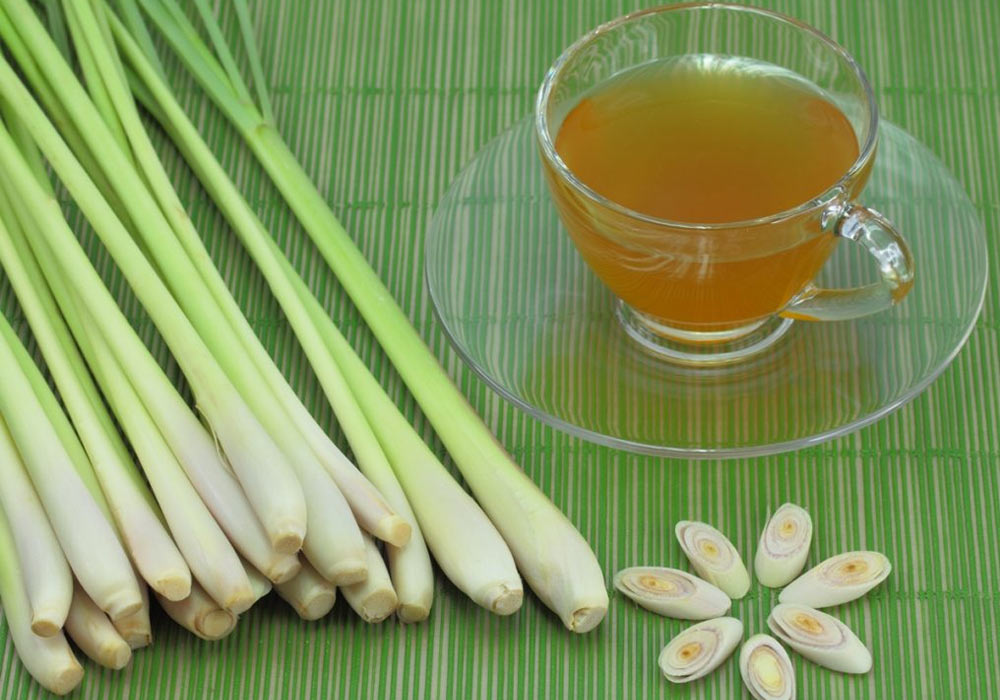
Precautions and Considerations
Not a Medical Substitute
Lemongrass tea is a gentle herbal beverage, not a replacement for medical treatment. Always consult your healthcare provider for ongoing health concerns.
Possible Side Effects
Some individuals may experience dizziness or allergic reactions. Excessive consumption may cause stomach upset.
Pregnancy and Breastfeeding
There is limited research on the safety of lemongrass during pregnancy and breastfeeding. Avoid or consult a doctor before using it regularly.
Medication Interactions
Lemongrass may interact with medications for blood pressure, diuretics, or liver conditions. Speak with your physician if you are on long-term prescriptions.
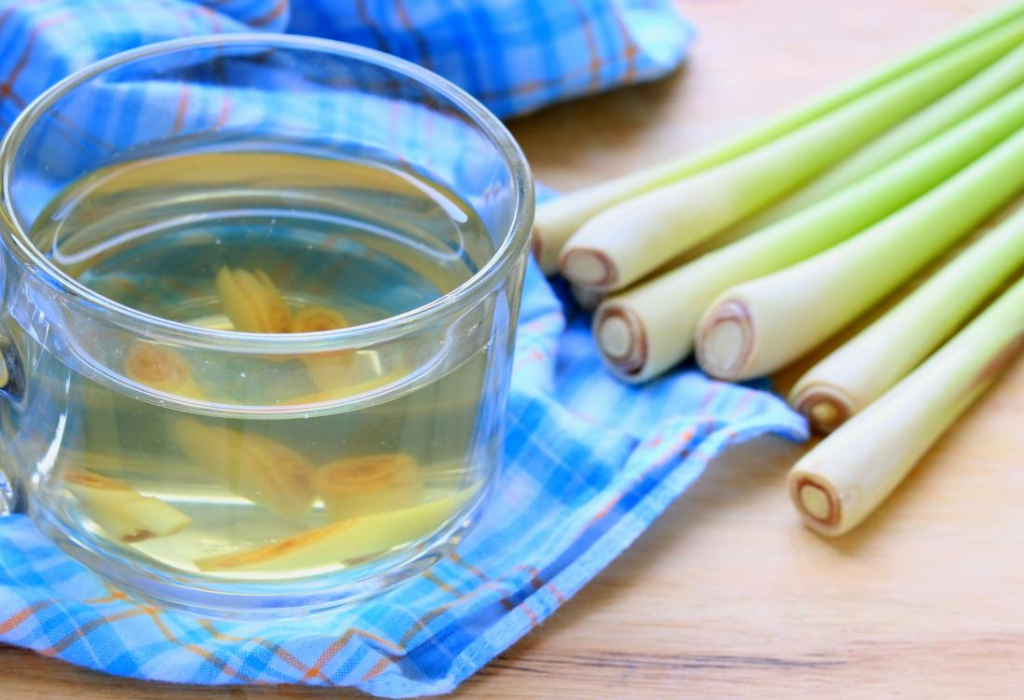
Real-Life Experiences
Emma, a teacher who often felt bloated after school lunches, began drinking lemongrass tea daily. She found it not only eased her digestion but also helped her relax during busy afternoons.
Meanwhile, David, who struggles with occasional sleeplessness, added a cup of lemongrass and ginger tea to his bedtime routine. He reported falling asleep faster and waking up feeling more refreshed.
These stories are personal experiences, not medical evidence, but they show how incorporating lemongrass tea into a daily ritual can support well-being in simple ways.
Frequently Asked Questions
Does lemongrass tea contain caffeine?
No. It’s naturally caffeine-free, making it a great evening drink.
Can I drink lemongrass tea every day?
Yes, in moderate amounts. One to two cups daily is generally considered safe for most healthy adults.
How long can I store fresh lemongrass?
It can last up to two weeks in the refrigerator or several months in the freezer.
Is lemongrass tea safe for children?
Mild amounts are usually fine for older children, but consult a pediatrician before regular use.
Conclusion
Lemongrass tea is more than just a fragrant, citrus-flavored drink. With potential benefits for digestion, stress relief, immune health, and overall wellness, it’s a natural addition to any daily routine.
If you’re looking for a calming ritual that also supports your body, this humble grass may become your favorite tea companion. Remember, the information here is for educational purposes only and not a substitute for professional medical advice. Consult your healthcare provider before adding lemongrass tea to your health regimen, especially if you are pregnant, breastfeeding, or taking medication.




